On 18 July in Baku, Commission President Ursula von der Leyen and Commissioner for Energy Kadri Simson met with President Ilham Aliyev and Azeri Energy Minister Parviz Shahbazov to strengthen the existing cooperation between the EU and Azerbaijan. The two Presidents signed a new Memorandum of Understanding on a Strategic Partnership in the Field of Energy.
Currently, the EU and Azerbaijan are also negotiating a new comprehensive agreement, which will allow for enhanced cooperation in a wide range of areas, including economic diversification, investment, trade and making full use of the potential of civil society, while underscoring importance of human rights and rule of law.
Following the visit in Baku on 18 July, the EU-Azerbaijan Cooperation Council will meet on 19 July in Brussels to review the overall relations and discuss potential areas of mutual interest for cooperation in the future.
President von der Leyen said: “Today, with this new Memorandum of Understanding, we are opening a new chapter in our energy cooperation with Azerbaijan, a key partner in our efforts to move away from Russian fossil fuels. Not only are we looking to strengthen our existing partnership which guarantees stable and reliable gas supplies to the EU via the Southern Gas Corridor. We are also laying the foundations of a long-term partnership on energy efficiency and clean energy, as we both pursue the objectives of the Paris Agreement. But energy is only one of the areas where we can enhance our cooperation with Azerbaijan and I look forward to tap the full potential of our relationship”.
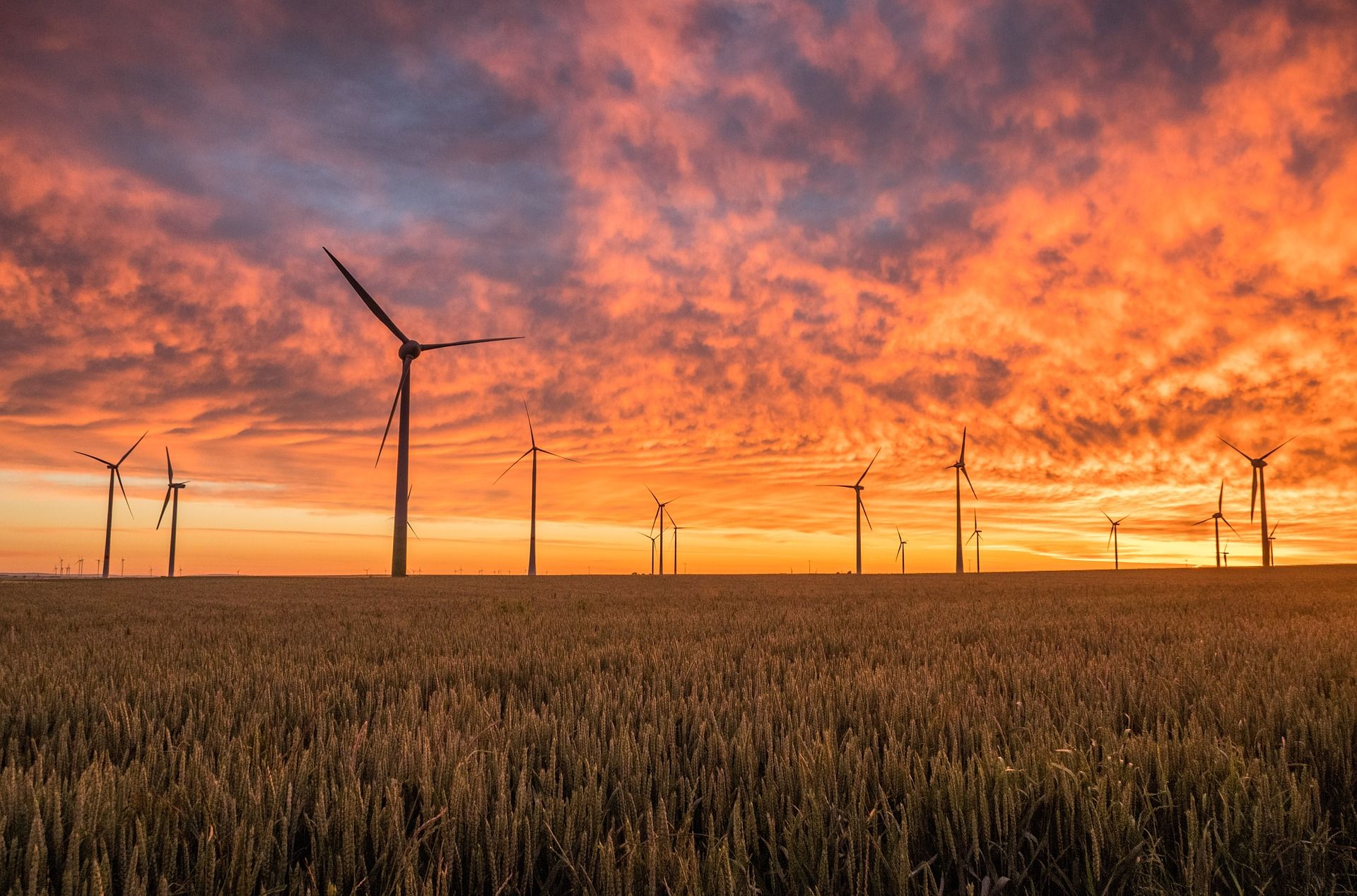
EU invests €1.8 billion in clean tech projects |
Securing alternative gas supplies for Europe
The new Memorandum of Understanding on a Strategic Partnership in the Field of Energy signed by the two Presidents on 18 July includes a commitment to double the capacity of the Southern Gas Corridor to deliver at least 20 billion cubic metres to the EU annually by 2027. This will contribute to the diversification objectives in the REPowerEU Plan and help Europe to end its dependency on Russian gas. Based on the strengthened energy cooperation, Azerbaijan is already now increasing deliveries of natural gas to the EU, from 8.1 billion cubic metres in 2021 to an expected 12 bcm in 2022.
Commissioner for Energy, Kadri Simson, said: “The new Memorandum of Understanding underlines the strategic role of the Southern Gas Corridor in our diversification efforts. Azerbaijan has already increased the natural gas deliveries to the EU and this trend will continue, with up to 4 billion cubic meters of additional gas this year and volumes expected to more than double by 2027. But our cooperation goes beyond that, accelerating the deployment of renewables and addressing methane emissions; these steps will both increase security of supply and help achieve our climate goals.”
As stated in the MoU, the EU and Azerbaijan share the ambition to accelerate the development and deployment of renewable energy generation and transmission capacity to fully reap the synergies between the EU’s clean energy transition and Azerbaijan’s strong untapped renewable energy potential, in particular in the offshore energy sector.
The two parties also acknowledge the importance of the Global Methane Pledge, and recognise that making the natural gas supply chain as efficient, environmentally and climate friendly as possible is a collective responsibility. The MoU supports the creation of schemes to collect natural gas that would otherwise be vented, flared or released into the atmosphere. Our cooperation will also be crucial to support Azerbaijan’s accession to the Pledge.
Following the signature of the Memorandum of Understanding, Commissioner Simson will hold an EU-Azeri energy dialogue with Minister Shahbazov to discuss the practical implementation of the Memorandum of Understanding.
Background
The EU has been working intensively with international partners for several months to diversify supplies and mitigate the rise in energy prices. In the EU external energy engagement strategy accompanying the REPowerEU plan, the Commission recognised that the Southern Gas Corridor plays a key role in the diversification of natural gas supply to the EU, in particular for South Eastern European countries.
The Commission has long supported the expansion of the Southern Gas Corridor as a major contribution to secure, reliable and predictable natural gas supplies in South Eastern Europe and, potentially, also in the Western Balkans, via the Trans Adriatic Pipeline.

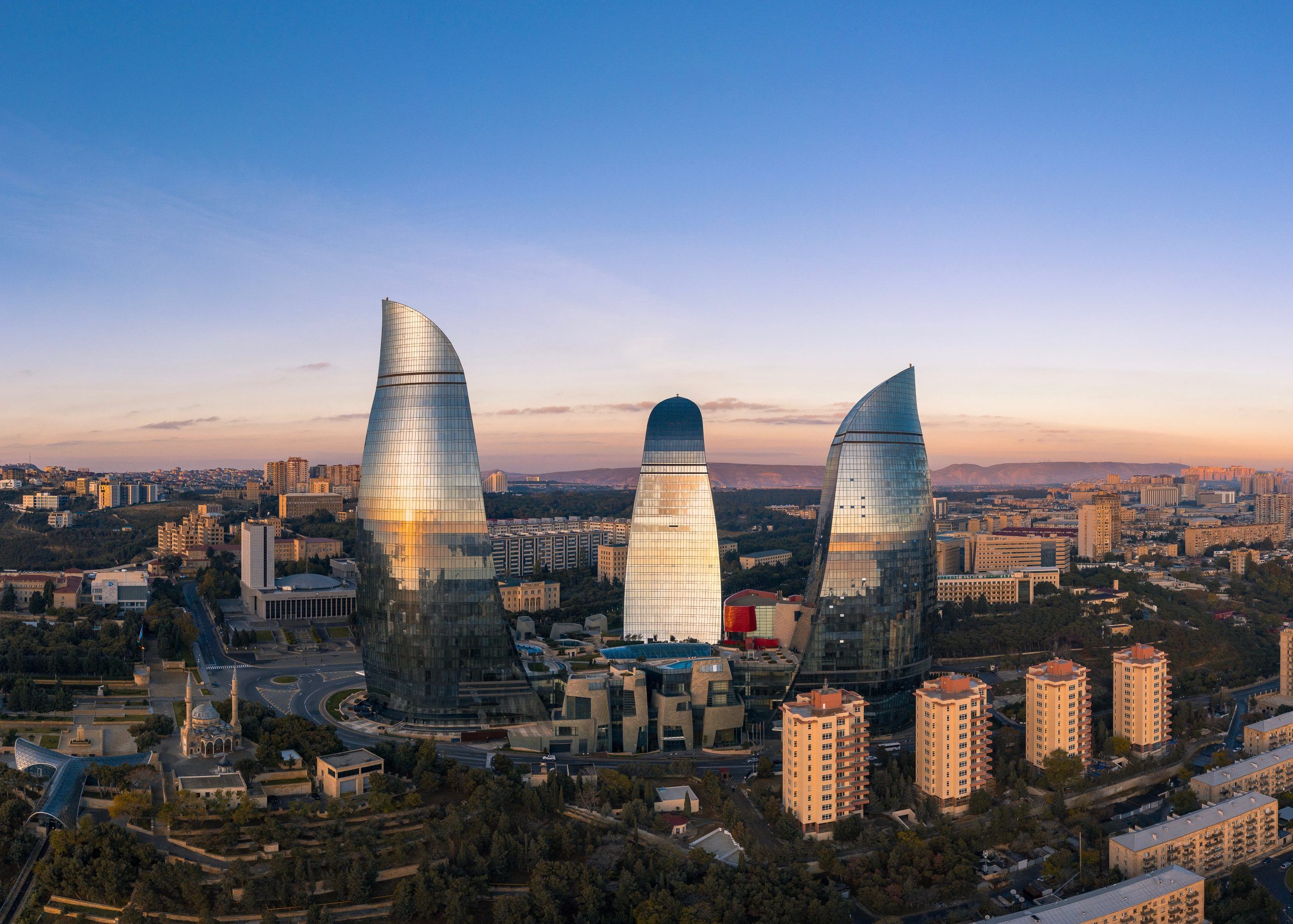
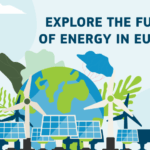

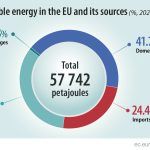
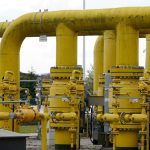
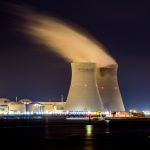
Leave a Reply